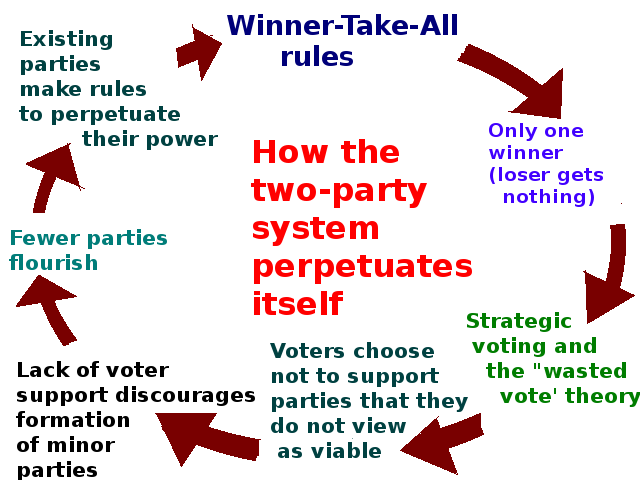Political Duopolies

We explain political duopolies by looking at the political duopoly in the United States of America and other historic duopolies.
Game theory is the statistics-based study of games that looks at both strategy and decision making to better understand social and technological systems. With this in mind, the focus is on analyzing social systems to better understand decision making and human behavior for the purposes of politics, economics, and business. It is largely a social science, but as applications in philosophy, computer science, and even the natural sciences.

We explain political duopolies by looking at the political duopoly in the United States of America and other historic duopolies.